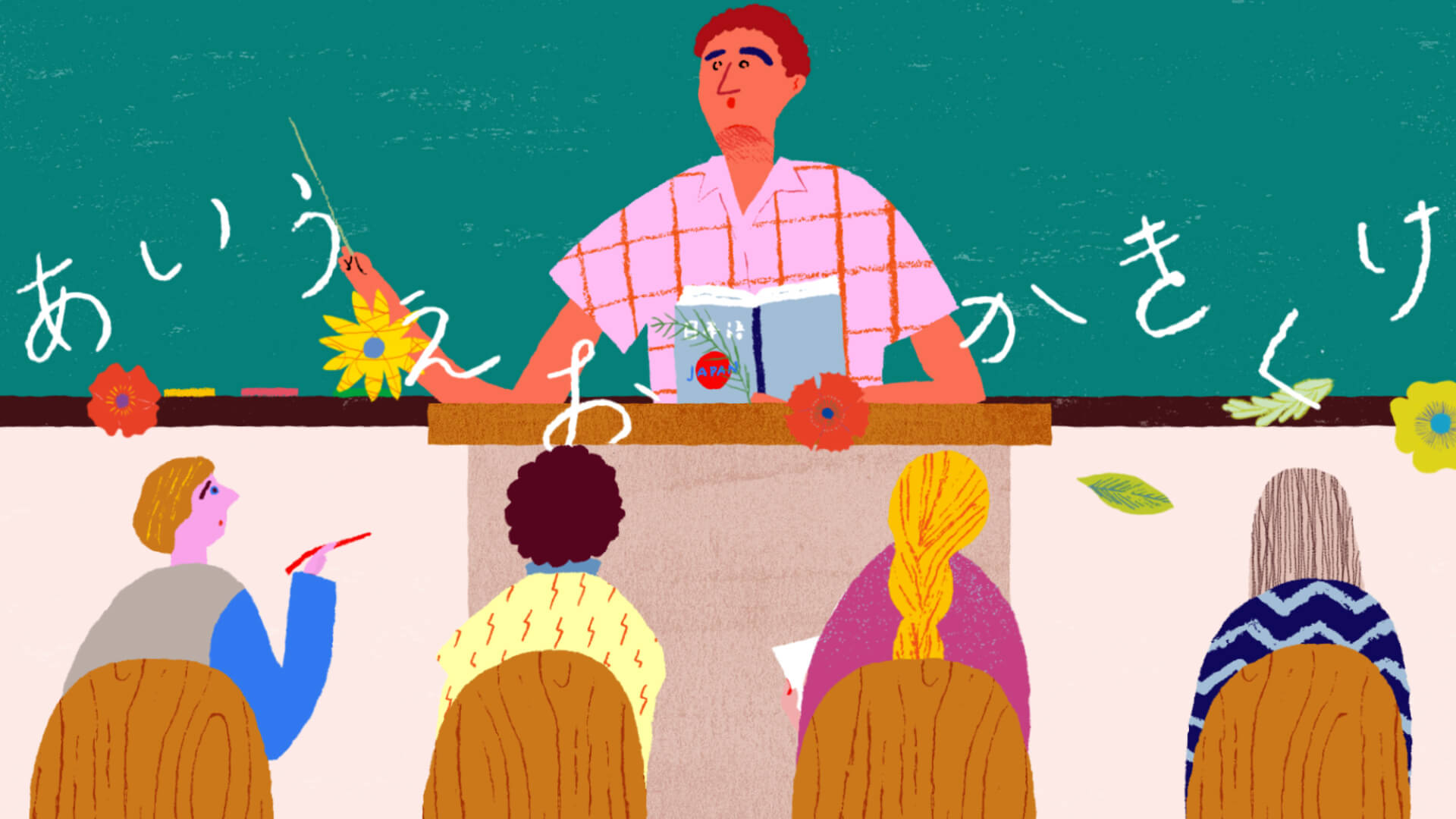Seven Samurai (SHICHININ NO SAMURAI 七人の侍)
B & W / Standard / 1954 / 207 min / Toho
Screenplay by: Akira KUROSAWA, Shinobu HASHIMOTO, Hideo OGUNI
Photography: Asakazu NAKAI
Art Director: Takashi MATSUYAMA
Music: Fumio HAYASAKA
Produced by: Sojiro MOTOKI
CAST:
Kanbei: Takashi SHIMURA
Kikuchiyo: Toshiro MIFUNE
Kyuzo: Seiji MIYAGUCHI
Gorobei: Yoshio INABA
Shichiroji: Daisuke KATO
Heihachi: Minoru CHIAKI
Katsushiro: Isao KIMURA
Gisaku: Kokuten KODO
Rikichi: Yoshio TSUCHIYA
His wife: Yukiko SHIMAZAKI
Shino: Keiko TSUSHIMA
Mosuke: Yoshio KOSUGI
SETTING: 16th century
LOCATION: A village in the mountain
SYNOPSIS:
A village in the mountains is robbed every year of its wheat crop harvest by a group of plundering bandits who hide out in a mountain fortress. Realizing that there is no way to prevent this other than by hiring samurai to fight for them, Rikichi and Mohei are asked to go into town to search for samurai. They witness a ronin (a samurai not under the employ of any retainer) named Kanbei defeat a band of disorderly bandits through courage and strategy. They request his assistance. Kanbei agrees to help and after testing a number of candidates, selects Kyuzo, Gorobei, Shichiroji, Heihachi and Katsushiro. Another fellow, Kikuchiyo, a roughneck orphan born of a farmer couple, insists in being included in the group. Under the direction of Kanbei, the village defenses are set up and the villagers undergo combat training. When the wheat crops are harvested, the bandits begin their attack. The first patrol of three men is killed by Kyuzo and Takechiyo. With Risuke acting as guide, they counter attack the bandits’ hideout. At the night they kill ten, but Heihachi is killed in action. At dawn, the bandits conduct an all-out attack but the villagers defend their positions. On the following day, the bandits whose numbers have been cut down to thirteen, challenge the village for a final assault under a heavy downpour. After several hours of bitter fighting, the villagers and samurai annihilate the bandits, but four of the samurai and several villagers are killed in this battle.
Notes:
This is a masterpiece in which Akira KUROSAWA unleashed his dynamic abilities and talent to the fullest. The decision of the farmers to hire samurai to defend their village, KANBEI, a seasoned veteran of many battles, who tests out other samurais one after another each with a unique talent and personality. All these elements make the film extremely interesting. The final combat scene in heavy rainfall is of such forcefulness and magnitude that it is without peer in previous Japanese films of this type. Because combat scenes cannot be filmed over again, cameras in several different positions with varying camera angles were set up. KUROSAWA’s films after this have relied on this system of shooting.
(Kinema-Junpo: #3. Venice Film Festival: San Marco Silver Lion Prize)
Photo credit : © 1954 Toho Co., Ltd.
 Twitter
Twitter

 '
'